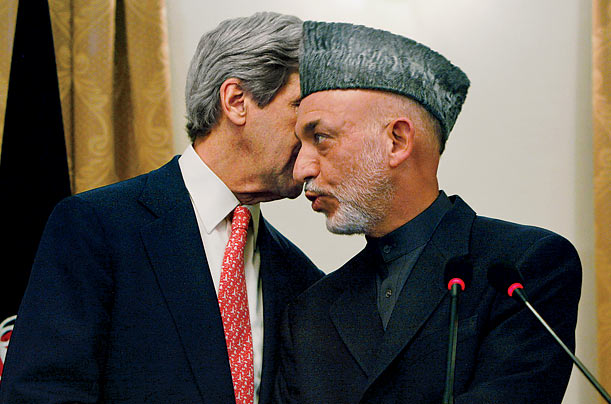
For two months, the world watched as allegations of voting fraud threatened to thwart the apparent re-election of Afghan President Hamid Karzai. After the country's election-complaints board threw out a million suspicious ballots, Karzai refused to accept the results. On Oct. 20, after intense diplomatic lobbying by the U.S. and other international partners, Karzai at last announced he would acquiesce to a runoff with his rival, former Foreign Minister Abdullah Abdullah. And yet the holding pattern continues. The vote, which Karzai is favored to win, is scheduled for Nov. 7, but it's unclear that this round will be any less contentious than the first. Fraud is still likely, Karzai is still tainted by the corruption and inefficiency that have plagued his government for the past eight years, and the onset of Afghanistan's winter could delay balloting until spring. The Obama Administration, meanwhile, has signaled a reluctance to commit more troops to its campaign in Afghanistan until it has a legitimate government to work with. At some point, it has to start wondering whether it has a partner worth waiting for.